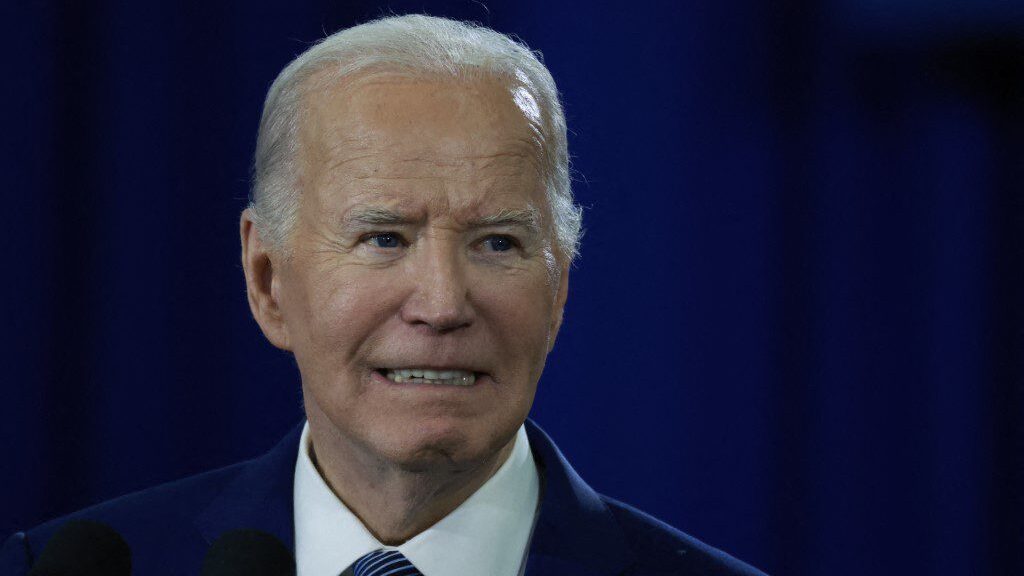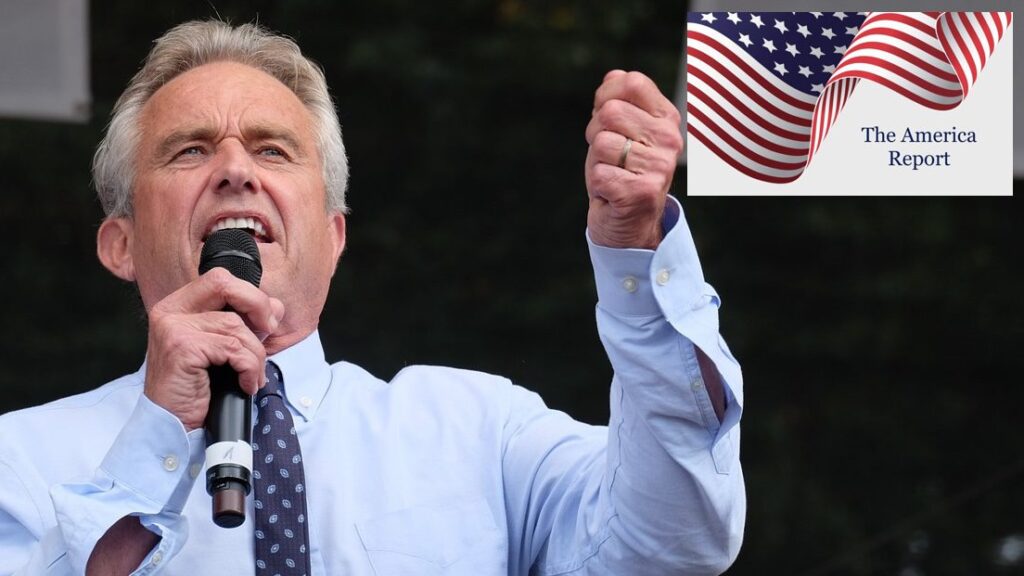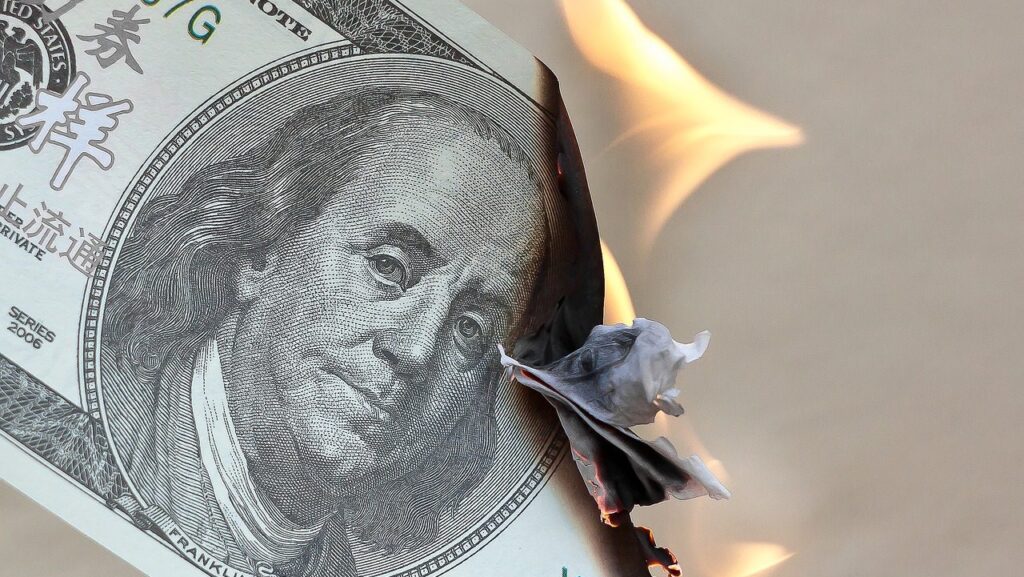
Joe Biden wants the ‘rich’ to pay their ‘fair share,’ but he never defines what the ‘fair share’ means. There is an ominous reason for that.

Bulgaria is on the cusp of joining the euro but has not yet set a firm accession date. They would be wise in waiting to give up their own currency.

If this odd change in the yield curve continues, it will turn into an open vote of no confidence in U.S. government debt.

We must never dismiss the threat of escalating government clampdowns on its political dissidents.

What looks like a mild recession on the surface could turn into something much more serious.

Why is it so hard for the ECB to admit that inflation is a monetary phenomenon?

Buried in a pile of technical data are pieces of information that suggest investors are getting seriously worried about the growing pile of U.S. debt.

There are many pundits out there having opinions on inflation. But what do the latest figures really mean? Is inflation here to stay?

Robert Kennedy Jr. is the strongest third-party presidential candidate in 32 years. Many of his supporters are vaccine skeptics, and the Democrats are panicking.

The problem in Europe and America is not that the free-market economy is too big. The problem is that the free-market economy is not big enough.

Three independent sources criticize the free-market system. Two of them are from the U.S. government. What is going on here?

The U.S. economy is doing well, but the slowly growing uneasiness on the market for federal government debt could easily grow into a problem big enough to derail it.